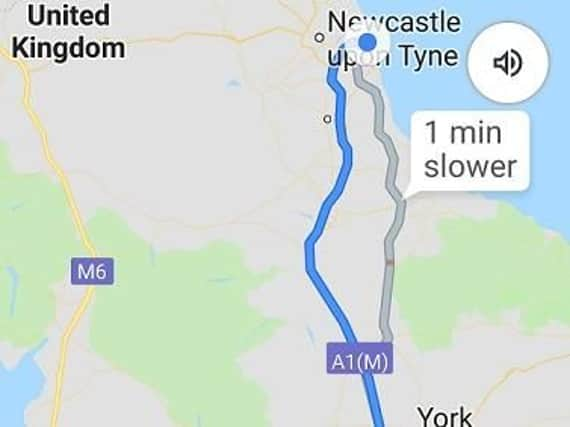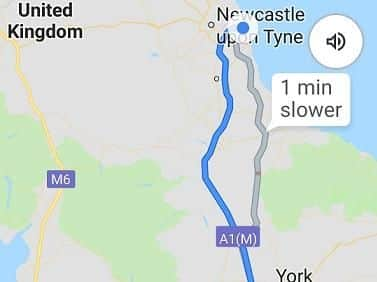Drivers will still have access to satellite navigation systems after Brexit


At the moment, we are mostly reliant on GPS, a global positioning system that is run and owned by America, for things like car sat navs, location services and smartphones as well as military applications that use tracking.
However, the EU is in the process of developing its own systems called Galileo and the European Geostationary Navigation Overlay Service (EGNOS). The UK has been heavily involved with Galileo, which is expected to be fully operational by the mid-2020s, and EGNOS, which is already up and running. We have spent around £1.2billion on the two programmes while UK companies have also provided expertise.
Advertisement
Hide AdAdvertisement
Hide AdWhen the UK leaves the EU we will no longer be able to take part in any further development, as the EU has said it must only be built by member states. Companies in the UK, which have previously worked on satellite payloads and security systems, will no longer be able to bid for contracts.


The good news for most people is that Britain would still have access to Galileo's public signal. All devices that currently use Galileo and European Geostationary Navigation Overlay, such as smartphones, will continue to be able to do so, meaning motorists will still be able to use sat navs in the same way they do now
But the UK will no longer have access to the Public Regulated Service, an encrypted military signal, and we would remain reliant on the US GPS system. Galileo would have been our back up plan in times of crisis - America's ownership means it can selectively deny access to the system, as happened to the Indian military in 1999 during the Kargil War. Even if the EU backed down, the PM Theresa May has made it clear the UK will not use Galileo for defence or critical national infrastructure, as again it would mean we were reliant on other countries in times of crisis.
The UK government is instead planning on developing our own system. It has pledged £92 million from the Brexit readiness fund to an 18-month programme to design a UK Global Navigation Satellite System.
Advertisement
Hide AdAdvertisement
Hide AdIn short, Brexit won't make any difference to members of the general public in terms of satellite navigation and location services, but it could have an effect on UK contracts and be a costly exercise to come up with our own programme.